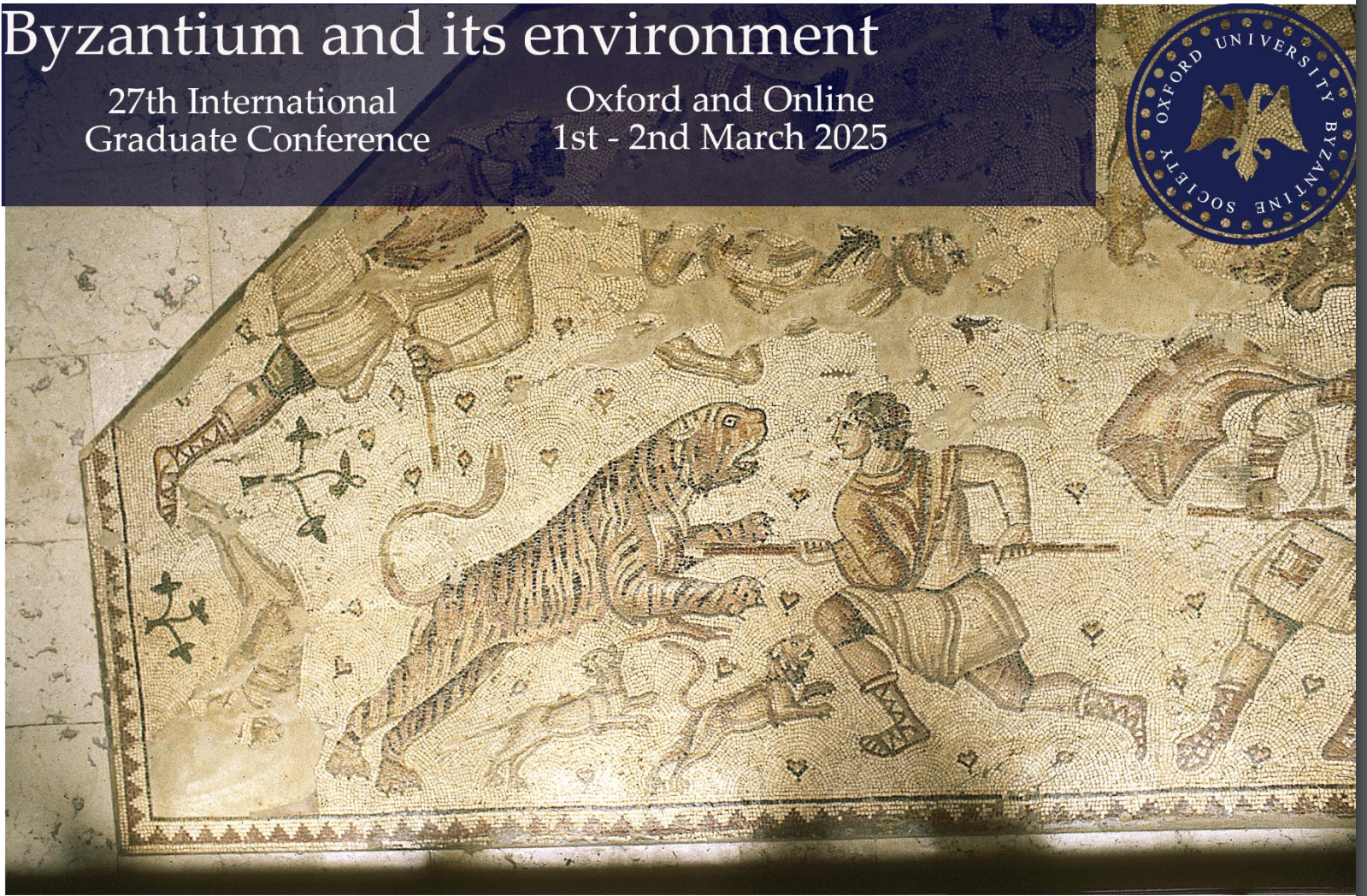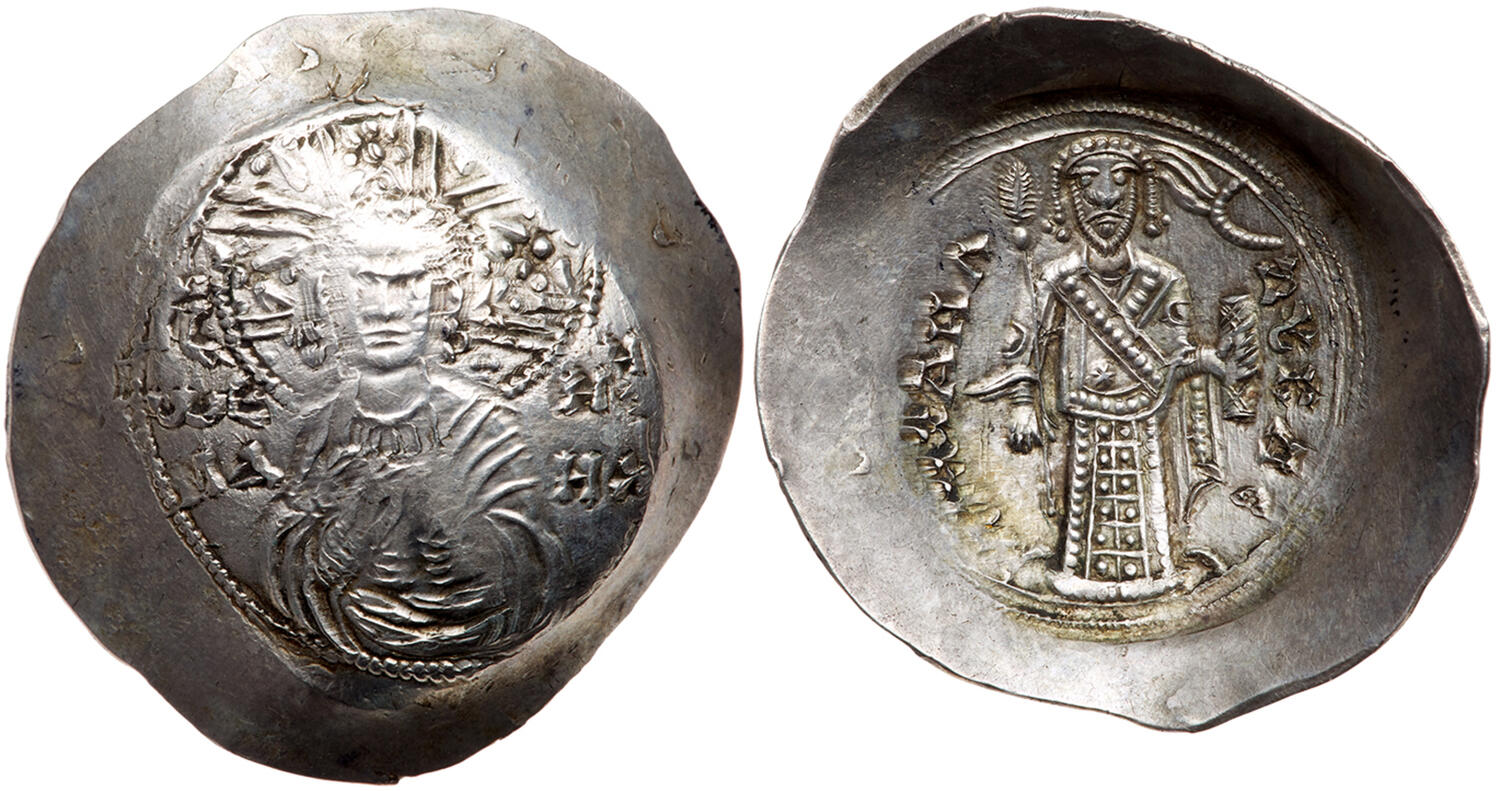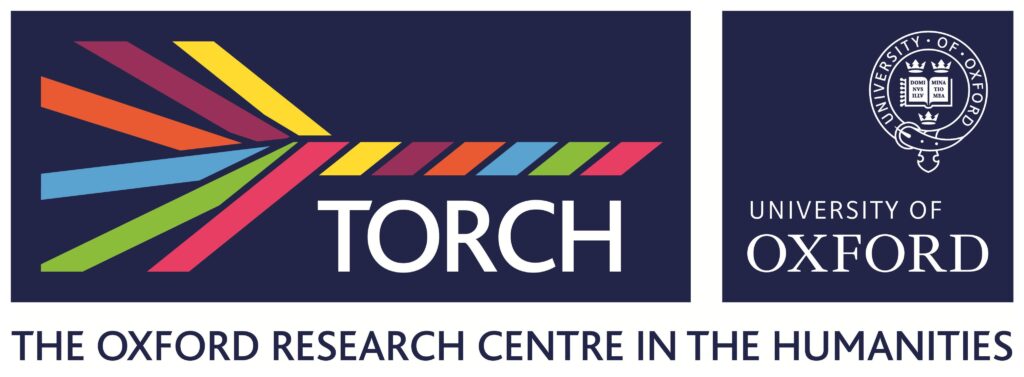
The days are getting colder and the nights are drawing in: fear not, for the medieval events roll ever on and on. As always, a PDF version of the booklet can be found here, and do check the Oxford Medieval Studies blog for reports of recent medieval events; also worthwhile checking out is the History of the Book blog with a report e.g. last week on a palaeography class with Laure Miolo and Alison Ray (including a “bat book”!). Do send in your own suggestions for blog posts to Miles Pattenden!
EVENTS THIS WEEK
Monday
- French Palaeography Manuscript Reading Group – 10.30am in the Weston Library. Those interested should email Laure Miolo.
- Medieval Archaeology Seminar – 3pm at the Institute of Archaeology. Lyn Blackmore (Museum of London Archaeology) will be speaking on ‘The Seventh-Century Bed Burial at Harpole: Aspects of Recent work’.
- Medieval History Seminar – 5pm at All Souls College. Teresa Barucci (Magdalen) will be speaking on ‘Identity and Geographical Origin at the Late Medieval University of Paris: An Analysis of Manuscript Decoration’.
- Old Norse Reading Group – 5.30pm in the English Faculty Graduate Common Room.
Tuesday
- Medieval English Research Seminar – 12.15pm at Lecture Theatre 2 of the St Cross Building. Francis Leneghan (Oxford) will be speaking on ‘A Perilous Task? The Making of the Old English Heptateuch (Bodleian Library MS. Laud Misc. 509)’
- The Latin Palaeography Reading Group meets 2-3.30pm. Please email Laure Miolo for more information.
- The Germanic Reading Group – 4pm online. This week, the focus will be on extracts from Physiologus, the elephant. Contact Howard Jones if you would like the zoom link and handout.
- Medieval Poetry Reading Group – 4.30pm in the Colin Matthew Room, Radliffe Humanities Building. The theme this week is Light without Sun or Moon: The Poetry of Kabīr.
- Early Modern Graduate Forum – 5.15pm in Seminar Room B at the English Faculty. Jacob Ridley (DPhil candidate, Univ) will be talking on the topic of ‘Androcracy and Personification from Everyman to Spenser’. Wine and soft drinks provided.
- Medieval Church and Culture – 5.00pm in the Wellbeloved Room, Harris Machester College. Helen Flatley (Somerville) will be speaking on ‘Ties that Bind: Partnership, Surety and Social Bonds between Christians, Muslims and Jews in Toledo, 1085-c.1300’.
Wednesday
- Reading Jews in Late Antiquity – 10am in Room 207 of The Clarendon Institute. The theme for this week is Angelology and Demonology.
- Medieval German Seminar: Konrad von Megenberg ‘Buch der Natur’ – 11.15am at Somerville College. To be added to the Teams group for updates, please email Almut Suerbaum.
- Medieval Latin Document Reading Group – 4pm online. To join, please email Michael Stansfield.
- Late Antique and Byzantine Seminar – 5pm in the Ioannou Centre. Arkadiy Avdokhin (Oxford) will be speaking on ‘Gone with the Wind: Ambition, Scatology, and Violence in Acclamations for Albinos at Aphrodisias’.
- VRF in the Creative Arts: Inks & Paints of the Abbasids – 5.15pm in the Eliot Theatre, Merton College. This talk will take us through the pigments and dyes that made up the Islamic scribe’s colour palette. Joumana Medlej will describe their preparation and behaviour from a practitioner’s perspective, and share process photos from her re-creation of ink recipes from the tenth to thirteenth centuries, along with insights into inkmaking practices gleaned from these texts.
Thursday
- Medieval Hebrew Reading Group – 10am in the Clarendon Institute. For more information, please email Joseph O’Hara.
- Greek and Latin Reading Group – 3pm in the Stapledon Room, Exeter Collge. The text this week is Caesar (Plutarch, Life of Caesar 63–66).
- Centre for Advanced Welsh and Celtic Studies seminar – 5pm online. Elizabeth Boyle (Maynooth) will be speaking on ‘Psychology and the Individual in Medieval Ireland’.
- Medieval Visual Culture Seminar – 5pm in the Arumugam Building, St Catz. Elena Lichmanova (Oxford) will be speaking on ‘Religious Storytelling and the Rise of Marginalia’.
Friday
- Oxford Medieval Society ‘Shut Up and Write’ – 9.30 to 12 in Blackwell’s Cafe.
- Medievalists Coffee Morning – 10.30am at the Weston Library. All welcome.
- Exploring Medieval Oxford through Lincoln & Magdalen Archives – 2pm in the EPA Centre (Museum Road) Seminar room 1. Please contact Laure Miolo for more information.
- Middle English Reading Group – 3pm in the Beckington Room, Lincoln College.
- Inaugural Lecture of the Gad Rausing Associate Professor of Viking-Age Archaeology, held at St Cross College at 3pm on Friday 8th November. Dr Jane Kershaw will be speaking on ‘The Viking Diaspora: Causes, Networks and Cultural Identity’. Tickets are available here.
Saturday
- Reading in the Woods: A Day of Learning About Wood in the Library. 11am at the Weston Library and online. More info here.
UPCOMING
- To register for the ‘Crafting the Book’ one-day workshop, held on 22 November at the Bodleian Bibliographical Press, please follow this link.
- 700 Years of the Thames at The National Archives – The National Archives (London), Thursday November 7 – drop in between 15:00 and 19:00. Tickets here.
- Tickets are available here for the Society of Medieval Archaeology Student Colloquium (4th-6th November 2024).
- The LGBTQ+ History Hackathon is happening on November 29th 2-5.30pm at the History Faculty. Register here.
OPPORTUNITIES (new items highlighted)
- Oxford Medieval Graduate Conference 2025 CfP – seeking 20 minute papers from graduate students on the theme of ‘Rituals and Ceremonies’, for a conference held 24th and 25th of April, 2025. More info here.
- The University of Nebraska-Lincoln are seeking an assistant professor specializing in visual or material cultures between c. 700 and 1750 CE. More Info here.
- A fully-funded AHRC doctoral studentship at Oxford in partnership with The National Archives is seeking applicants to work on Chaucer’s life and poetry – https://oocdtp.web.ox.ac.uk/ox-cda-turner-nationalarchives.
- The Central European University are advertising a number of funded PhDs and Masters – see the blog post here.
- University College Dublin are advertising a funded PhD in Early medieval political and/or intellectual culture (c.500-c.1000 CE) which will be supervised by Dr Megan Welton. See the blog post here.
- An opportunity has arisen to translate Alice in Wonderland into Old Norse – The translator would own the copyright and receive a royalty for copies sold. Those interested should email Sarah Foot.
- OxMedSoc are looking for a secretary and publicity officer. Please email oxfordmedievalsociety@gmail.com.
- PRAGESTT German Studies Student Conference will take place on the 21st and 22nd March 2025 at the Faculty of Arts and Humanities of Charles University (Prague, Czech Republic) – please see https://pragestt.ff.cuni.cz/en/home/
- The Oxford University Byzantine Society has issued a Call for Papers for their 27th International Graduate Conference, held on the 1st-2nd March 2025, in Oxford and Online. More information can be found here.
- The Society for the Study of Medieval Languages and Literatures invites graduate students from across the globe to submit to the annual Medium Ævum Essay Prize. Deadline 2 December. More information can be found here.
- Check out this handy guide to how to blog – including a call for authors for the OMS blog – by Miles Pattenden.
- Addenda and corrigenda to Oxford Medieval Studies by Monday 5pm, please.
T.K.A

Bodleian Library MS. Arch. Selden. B. 10, fol 5r










